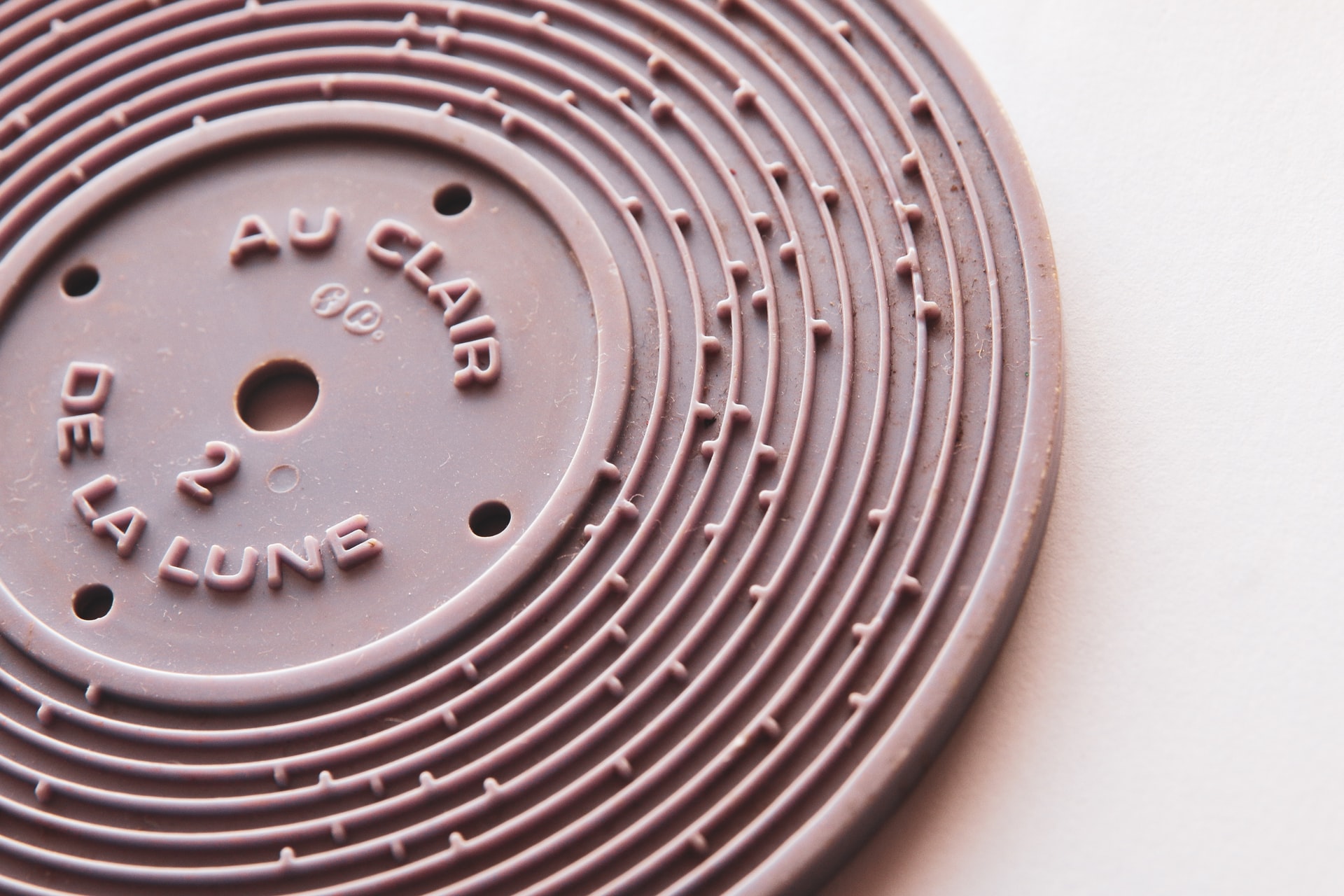As the trail of coronavirus outbreaks brings researchers from all over the world to try and understand the workings and transmission patterns of the virus, researchers at Dartmouth-Hitchcock Medical Center have taken a unique approach to study the novel virus. Their method is not only cheaper it is even faster than usual diagnostic testing.
They are heading to the sewers for this purpose. Jaqueline Hubbard a doctorate holder in clinical chemistry alongside Isabella Martin a medical microbiologist as well as a physician have taken to spending their last two months researching the existence of coronavirus in the municipal sewer systems as a way to potentially track the transmission of coronavirus.
Around 60% of patients suffering from the illness have shed the virus as waste products, research suggests, this means that testing for the virus in sewage can serve as an accurate indicator for future coronavirus outbreaks at only the municipal level.
The results could even emerge as soon as seven days before an actual outbreak takes place in the city.
Also Read: Ethical Concerns should not be Ignored During COVID-19 Vaccine Human Trials
This is a method of testing that is way older than the coronavirus emergence itself. It was one of the key techniques in investigating the polio spread and in monitoring its end in the United States.
In June, Hubbard and Martin received a thumbs up to begin their research after receiving important funds from an anonymous donor who ended up reading their proposal and granted the money needed.
Hubbard does remark that their method may not replace any already present method of diagnostic testing but they do hope what they are researching may present something useful.
Although as work proceeds phases are not as clear cut, the research consists of three phases. In the first, the researchers will hone and define their methods of testing and will establish useful relationships with local sewage-treatment facilities and also become acquainted with state public health experts.
Next, they will visit wastewater from at least three municipalities and test it, they will do this daily for about two weeks to refine their methods for testing. Lastly, for the third phase, they will increase their testing across New Hampshire and Vermont to add more sites to their list; this will include institutions like prisons, colleges, and nursing homes.
Also Read: Cameron County Ranks 5th Place for Number of Deaths by Coronavirus
Martin admits that the virus is very dilute in the wastewater but they believe that regardless of the small concentrations of coronavirus, the samples are capable of telling a lot about what will go on in the community. According to the researchers, if an institution or municipality takes to testing wastewater regularly in search of levels of coronavirus, they can predict a spike as long as a week before a spike may occur. Identifying a coming danger can health a strong response to come around by public health and can, therefore, protect people.
Hubbard believes this will make a discernible difference because most people are missed in testing. After all, not all people display symptoms and are asymptomatic. She believes that even if they can pick up a small rise, they will be able to warn the people in time to reinforce preventative, protective measures before coronavirus outbreaks occur.


